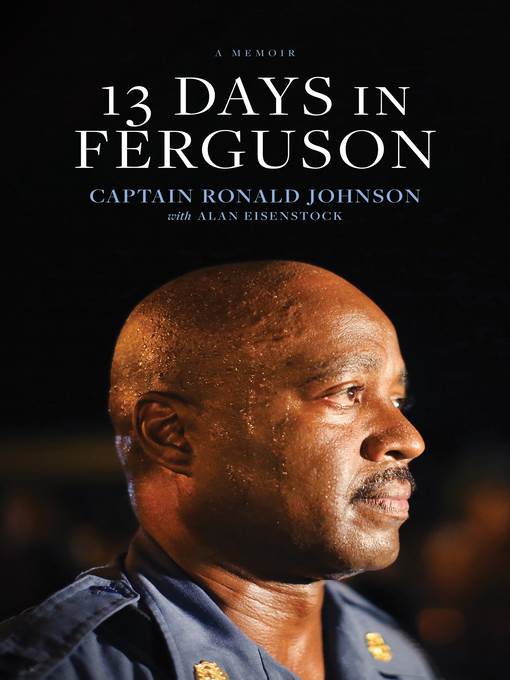
13 Days in Ferguson
کتاب های مرتبط
- اطلاعات
- نقد و بررسی
- دیدگاه کاربران
نقد و بررسی

June 25, 2018
In this sonorous but narrowly focused memoir, the 2014 riots in Ferguson, Mo., following the police killing of Michael Brown rage while a black police official struggles to restore peace. Johnson, a Missouri Highway Patrol captain who grew up in Ferguson, was appointed commander of police units in Ferguson several days into the riot and tried to de-escalate the situation by cutting demonstrators slack, eschewing tear gas, and getting police to talk to protesters. By day he walked the streets listening to residents and urging calm, by night he coped with looting, arson, gunfire, and Molotov cocktails; his dovish approach earned plaudits from the media and activists, but resentment—and racial epithets—from cops who accused him of siding with rioters. Johnson foregrounds his own tribulations: he weeps and prays, holds fatherly heart-to-hearts with troubled youth, and makes pronouncements about people coming together. (“I feel a shift—an emotional, spiritual shift.... This shift comes from God,” he reports after speaking at a church.) His narrative of the rioting, taken largely from his press briefings, however, glosses over both the aggressive tactics used by local police and the property damage wrought by protesters. The result is more about the author’s soul-searching than the upheaval.

July 1, 2018
This account of the aftermath of Michael Brown's killing in Ferguson, MO, on August 9, 2014, could as well have been titled 13 Nights, as Johnson, a captain in the Missouri State Highway Patrol, vividly describes the evenings when Ferguson's streets saw passionate protests and varying levels of violence. After the unrest started, Johnson was unexpectedly asked to lead the police response, and this memoir uncovers his inner turmoil as his strong Christian beliefs wrested with fear, uncertainty, and sorrow. Johnson laments Brown's death and the police racism that is sometimes directed toward Johnson himself as well as civilians, but he doesn't fully acknowledge the injustice of Brown's killing, instead offering a detached summary of the later police report. He often seems overly concerned that residents know he means well, as though victims of police wrath should focus on an officers' noble intentions. Also, his shock that this happened in Ferguson doesn't match the Department of Justice's scathing report on police harassment of the city's black residents. VERDICT Christians will enjoy Johnson's reflections on how faith sustains him. Other readers who can overlook the book's shortcomings will enjoy the insider account of that dark time. Worth a library purchase.--Henrietta Verma, Credo Reference, Jackson Heights, NY
Copyright 2018 Library Journal, LLC Used with permission.

























دیدگاه کاربران